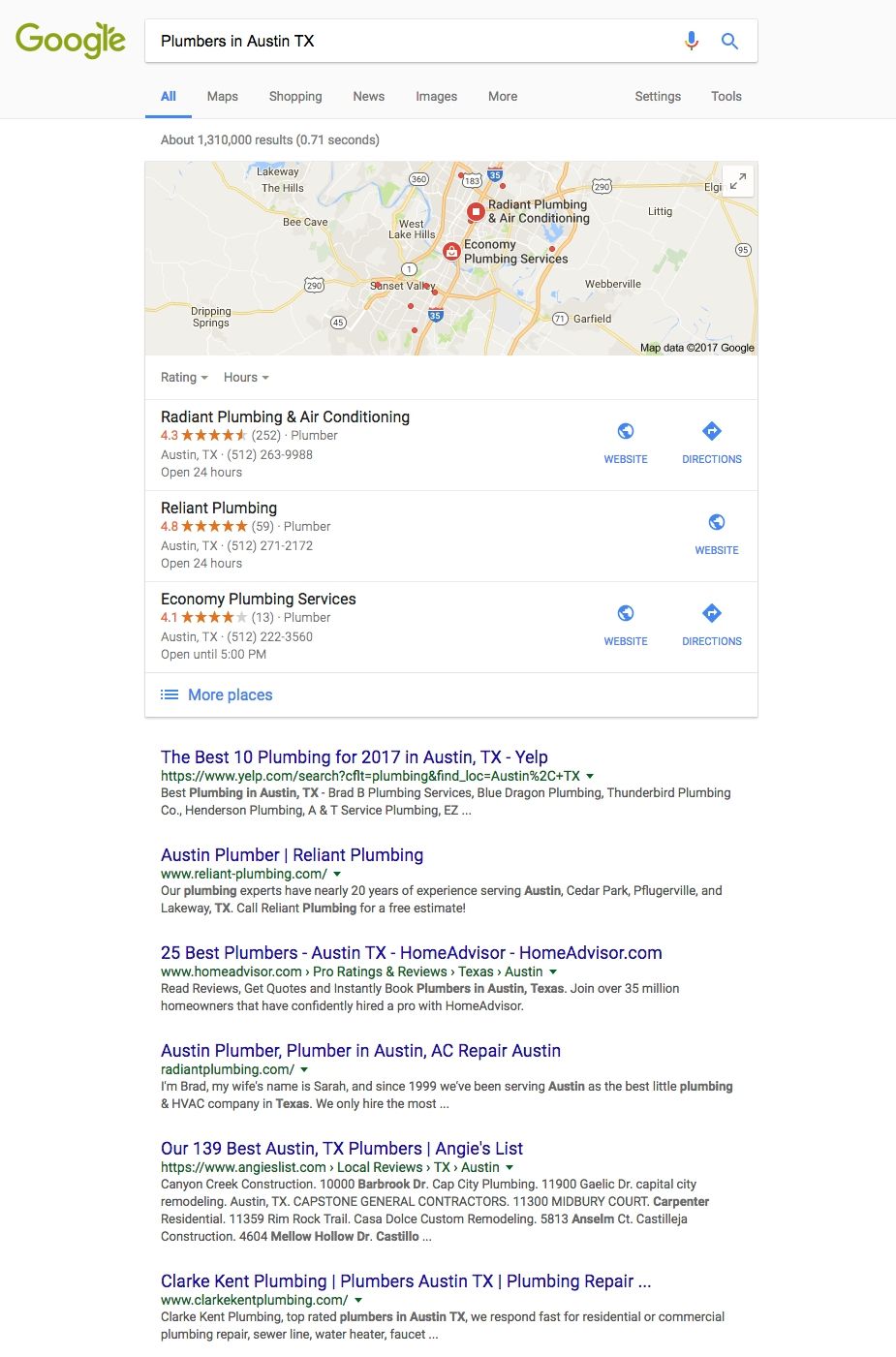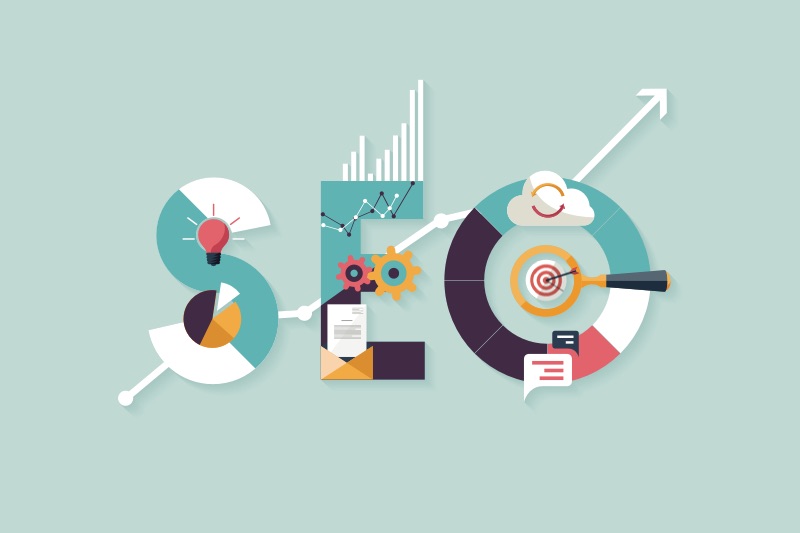 There is a good chance you have heard the buzzword, SEO. As a small business owner with a website, you’ve probably been told you need it. But what is it?
There is a good chance you have heard the buzzword, SEO. As a small business owner with a website, you’ve probably been told you need it. But what is it?
SEO is an acronym for Search Engine Optimization, a process to increase the likelihood your website will be listed on search engine result pages. When someone types a search query into Google, Bing, or any other search engine, websites related to the search show up. For example, if you’re a plumber in Austin, Texas, and someone searches Google for “Plumbers in Austin TX”, you’ll want you website listing to appear. However, getting there takes time. Putting in the resources might make sense for your business, or it might not.
Do You Need Search Engine Optimization?
Almost anyone who has a website and wants to see an increase in visitors will benefit from some form of SEO. The question becomes how much time and money should you put in to see a return on your investment? It all depends on your industry, location, competition, and expectations.
 When SEO might make more sense for your small business:
When SEO might make more sense for your small business:
- You have little competition in your geographical area.
- Your do have competition, but they are not actively competing with SEO techniques.
- The industry you’re in doesn’t have a lot of “big box” competition (they tend to have more money to spend to rank higher).
- You know SEO will take time and won’t automatically get you on first page search results.
When SEO might not work for you:
- You have a lot of competition, and they are putting time and money into SEO themselves.
- Your business has a lot of “big box” competition. You might never overcome them.
- You are in a specialized industry, so people may not search often for your product or service.
- You’re expecting a quick turnaround and easy solution. (PPC advertising might work better for you).
SEO Technique Overview
There are several different techniques you can perform to enhance your website’s optimization for search engines. Some are easier to accomplish than others. There are also some factors completely out of your hands.
On-Page Optimization Factors
 On-Page SEO is something you have control over. How your website is built and the content you put on your website are the largest factors. On the technical side, making sure your website is coded with best practices, including quick site speeds and mobile-ready designs is important. On the content side, you optimize your text for common search terms, create more content, and keep a blog updated. Overtime these techniques help you rank better on search engines.
On-Page SEO is something you have control over. How your website is built and the content you put on your website are the largest factors. On the technical side, making sure your website is coded with best practices, including quick site speeds and mobile-ready designs is important. On the content side, you optimize your text for common search terms, create more content, and keep a blog updated. Overtime these techniques help you rank better on search engines.
Off-Page Optimization Factors
You typically don’t have as much control over off-page SEO. This includes getting quality links on other websites around the Internet, user intent factors, and trust factors. Your only real control here is being a good company and offering a quality service or product people want.
Beware the Over Promises
There are many companies out there who will spam you with SEO service promises. Oftentimes, this barrage comes after registering a domain name. Domain name information is public and companies get your email and phone number from this registry and contact you. They’ll tell you things like they can get you on first page and get you a ton of backlinks. Don’t listen to any of this! It isn’t so easy. They often will take your money and under deliver. Sometimes their tactics could even hurt more than help.
If you think search engine optimization techniques could enhance your website’s traffic, your best bet is to seek out a company on your own. Find someone who keeps expectations realistic and isn’t making crazy promises. Many small businesses can gain more visitors by performing SEO. However, always keep in mind the limitations and differing situations your business may experience.